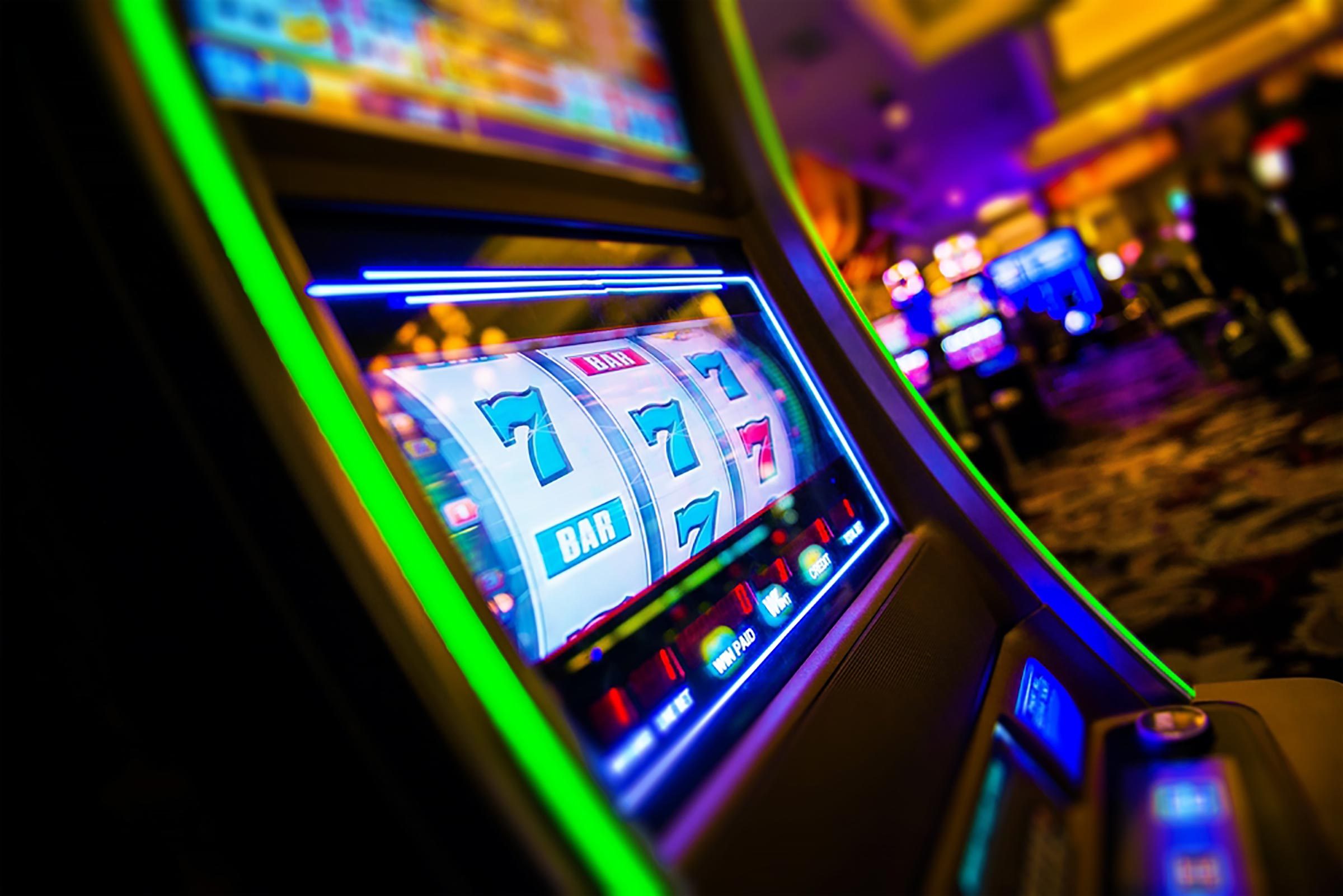
In the vibrant world of casinos, in which the atmosphere buzzes with enthusiasm and the clinking of chips fills the space, the role of a dealer is both essential and fascinating. Every day, these skilled experts step into a realm where fortune and strategy converge, leading players through the ups and downs of their selected casino titles. gambling sites not on GamStop From table games like 21 and texas hold ’em to the spinning wheels of the roulette table, dealers manage the action while guaranteeing that each game runs seamlessly and honestly.
As the sun rises on another hectic day, a casino game dealer prepares to dive in this dynamic setting. Their duties extend beyond merely dealing cards or spinning a roulette wheel; they are also performers, customer service representatives, and guardians of the rules. Each workday brings new obstacles and experiences, making every day unique in the life of a casino dealer. This insider look will explore the day-to-day operations of a casino dealer, showcasing the skills and insights that make this career both thrilling and rewarding.
The Role of a Casino Table Croupier
A gambling game dealer is at the heart of the gambling experience, managing the flow of the game while ensuring that players are involved and enjoying themselves. Their primary responsibility is to manage the table, which includes dealing cards, spinning the wheel, or handling the chips, depending on the game being played. Croupiers must possess a thorough understanding of the regulations and regulations governing each type of game, while also maintaining a welcoming and welcoming demeanor to improve the gambling atmosphere.
In addition to managing the play, croupiers must also monitor on the players and the surroundings around the table. This includes monitoring for any signs of cheating, ensuring that everyone is adhering to the rules, and resolving any conflicts that may arise among players. Strong communication skills are essential, as dealers often give explanations about the game’s mechanics and give assistance to those who may be new to casino games.
Moreover, a dealer’s role extends past just the mechanical aspects of the game. They play a crucial part in creating an immersive experience for the players. This requires building a rapport with patrons, being sensitive to their wants, and often injecting an element of entertainment into the play. It’s this mix of skill, alertness, and interpersonal relationship that makes the position of a casino game dealer both demanding and fulfilling in the dynamic world of gambling games.
Daily Responsibilities and Challenges
One of the main responsibilities of a casino game dealer is to oversee the multiple games available at their table, guaranteeing a smooth and enjoyable experience for players. Dealers must be skilled at dealing cards, managing chips, and maintaining the continuity of the game. This requires a deep understanding of the rules of each game, from blackjack to roulette, and the ability to address players’ questions while keeping the game progressing. Attention to precision is essential, as dealers must monitor bets, pay out winnings correctly, and monitor any cheating or discrepancies at the table.
In addition to managing the game itself, dealers encounter challenges such as managing difficult players. The casino environment can be tense, particularly during high-stakes games, and a dealer must remain calm and maintain professionalism at all times. They need robust interpersonal skills to handle interactions with players who may be upset about losses or dissatisfied with the game’s speed. Handling these situations delicately is essential in creating a positive atmosphere on the casino floor.
Another major responsibility is maintaining the integrity of the game. Dealers must be vigilant and observant, watching for any signs of player cooperation or cheating among players. This involves not only a solid knowledge of the games but also an awareness of human behavior. They must also follow the casino’s rules and procedures, participating in regular training sessions to stay informed on rules and protocols. Balancing these responsibilities while providing top-notch customer service is what makes the role both difficult and fulfilling for a dealer in a casino.
Attributes and Skills for Success
A successful casino game dealer must demonstrate superior communication skills. This includes not only the ability to explicitly explain game rules and procedures to gamblers but also the capacity to interact with them in a approachable and competent manner. Fostering rapport with patrons can enhance the gaming experience and encourage repeat visits to the casino. Effective communication enables dealers to manage tables efficiently while ensuring that players feel valued.
Moreover, strong mathematical skills are essential for a dealer. Quick math are often required to keep track of bets, payouts, and game outcomes in real-time. A dealer’s ability to perform these calculations accurately and swiftly adds to the overall efficiency of the game. This skill helps in maintaining the flow of play and in minimizing disputes or misunderstandings with players, which is crucial in a rapid casino environment.
Lastly, an ideal casino game dealer should demonstrate integrity and professionalism at all times. Trust is a vital component of the gaming experience, and players must feel confident that the games are conducted equitably and openly. A dealer’s devotion to upholding high ethical standards fosters a friendly atmosphere at the table and enhances the casino’s standing. Being consistent in behavior ensures that dealers leave a enduring impression on guests, which can lead to a dedicated customer base.